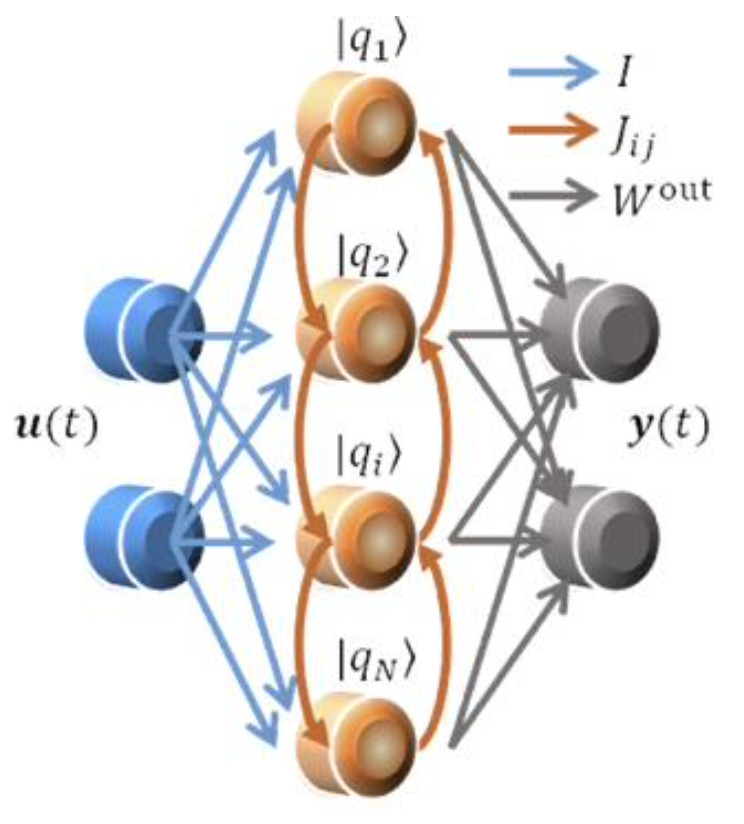Associate Professor Christopher Gies
Institut für Theoretische Physik, Universitat Bremen
 The seminar will give a glimpse into the vibrant field of quantum machine learning (QML)— its underlying quantum- mechanical principles, hardware implementations, and potential advantages over classical systems. QML has gained substantial interest as a quantum technology application capable of taking advantage of the noisy intermediate scale quantum (NISQ) devices of the current era, i.e. systems operating with tens to hundreds of imperfect qubits.
The seminar will give a glimpse into the vibrant field of quantum machine learning (QML)— its underlying quantum- mechanical principles, hardware implementations, and potential advantages over classical systems. QML has gained substantial interest as a quantum technology application capable of taking advantage of the noisy intermediate scale quantum (NISQ) devices of the current era, i.e. systems operating with tens to hundreds of imperfect qubits.
A particular focus will be on reservoir computing, which utilizes physical systems as artificial (quantum) neural networks to process information. Like in conventional machine learning, an input u(t) undergoes processing within the network to yield an output y(t). Only by training the output weights W, even small quantum systems can approximate non-linear functions of the input data due to the exponentially large Hilbert space dimension.